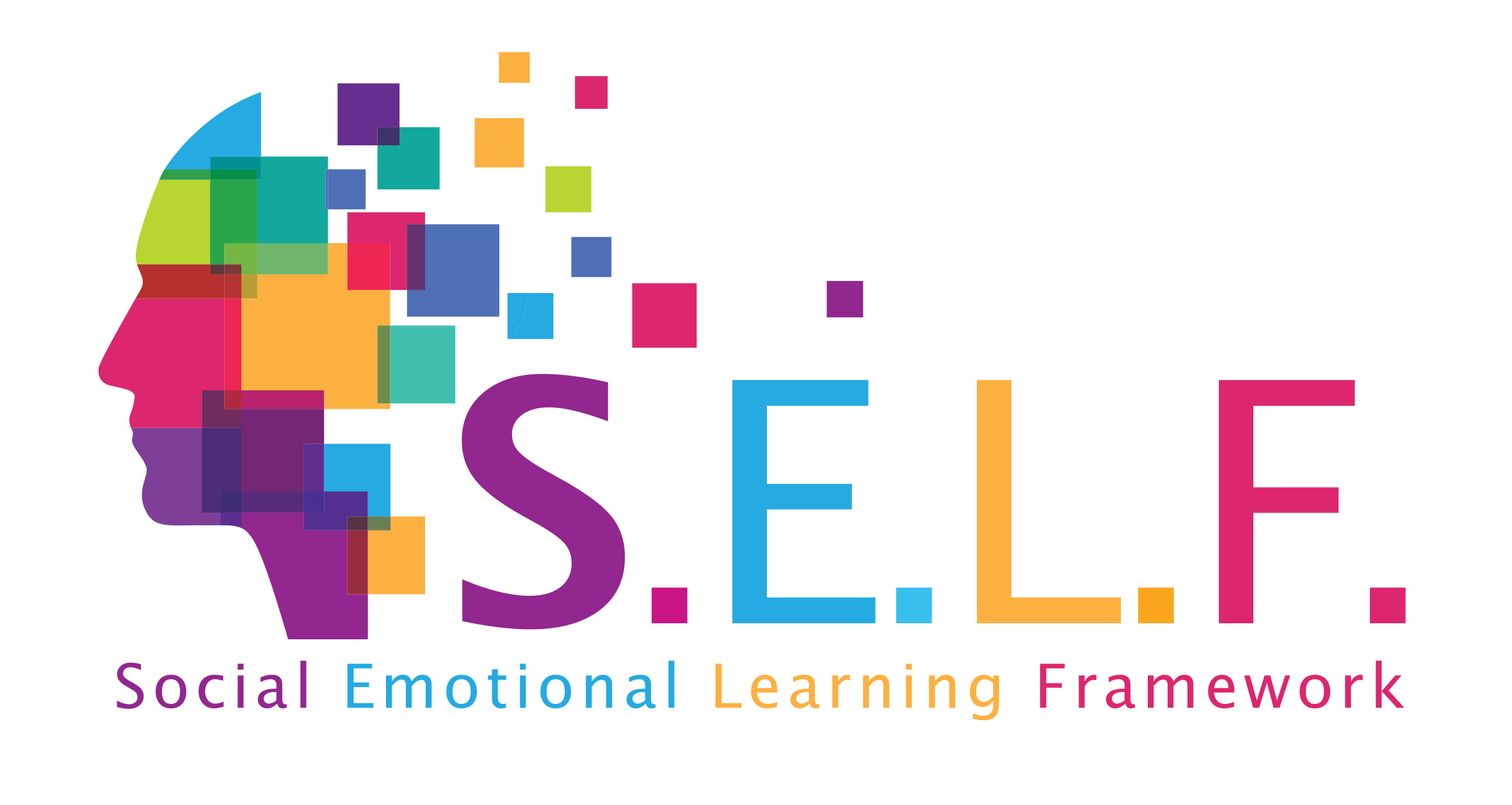MUSIC
What Is Music?
Why Is It Important?
Best Practices
What Is Music?

By its nature, music education entails acting for the benefit of the society. All musical activities performed individually or as a group offer the opportunity to develop positive emotions among individuals, empathize with one another, develop a mutual understanding, and unite around shared humane values despite any differences.
Playing instruments as an individual or a group, singing solo or with a choir, observing music theory and musical structures from different cultures contributes to the sense of acting for the benefit of the society.
Why Is It Important?

Music in general, and music education in particular, have a direct positive influence on an individual’s well-being. Being interested in music is effective in healing people’s emotions that build up, and in coping with mood states such as depression, anxiety, panic, and stress. Through music education and activities, children and adolescents access the opportunity to express themselves, while their self-confidence and identity development improve.
The experience of singing or making music together gives the opportunity to develop trust and relationships, while boosting their social adaptation. It is observed that individual activities boost self-confidence and coping skills to beat the pressure of performing in front of an audience, while group performances further solidify the sense of solidarity. In addition, research indicates that children who join group music lessons perceive a better class climate and are more satisfied with school.
